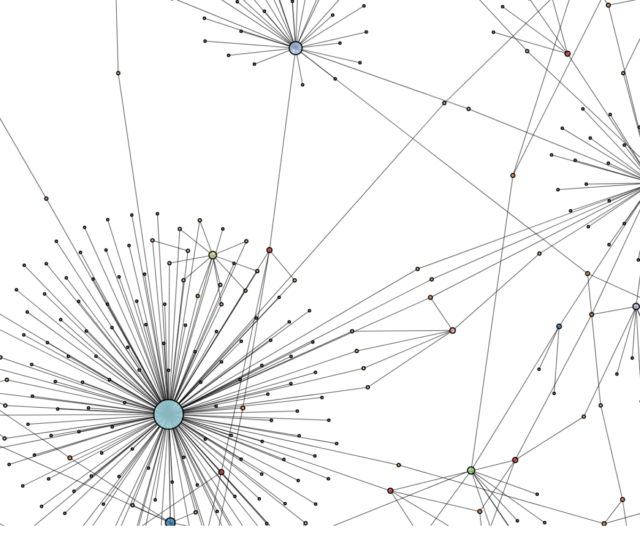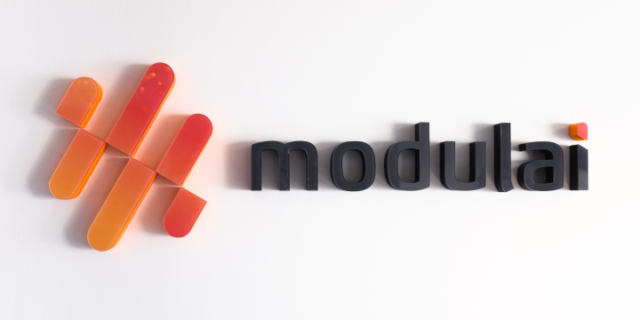Sofia
Greet and AI with Sofia
Greet and AI with Sofia, full-time machine learning engineer at Modulai. Learn how she got into machine learning, why she works at Modulai, and why knowing your employer is of importance for your future.
How and when did your interest in deep learning and AI arise?
For me, it was not a specific moment. My interest grew from my interest in statistics, probability theory, and programming. I really enjoyed these courses in my bachelor’s, which led me to choose applied mathematics, track statistical learning for my master’s.
You did your master thesis work at Modulai about Graph Neural networks. What’s important about them and what problems do they solve?
They are applicable on any graph-structured data, for example, molecules, social networks etc. They’ve been successfully applied in areas such as drug discovery, modeling physical systems, and forecasting traffic volume.
You started working as a full-time Machine learning engineer about 18 months ago. Take us through the main differences between working with ML compared to studying it in academia.
The courses in Machine Learning in Academia are more theoretical and focused on the models, whereas in real life you have to make room for everything that does not only concern the models; cloud computing platforms, setting up the production environment, tests, maintenance, etc.
Recently you’ve been thinking a lot about MLOps. What is it and why is it important?
MLOps is a combination of Machine Learning (ML) and the DevOps mindset and is basically about deploying the machine learning pipeline as efficiently and reliably as possible.
What are your main recommendations to a student starting their career in machine learning and AI?
Make sure that you get to know your employer. As a newly graduated student, it is easy to get stuck in only needing a job. Well, it will not be a job, it will be your job so make sure you know what you will be doing on a daily basis. Understand your employers expectations of you, sort out your expectations for them, and understand your possibilities for personal as well as professional development. When it comes to a professional career within machine learning, what you will actually do can shift a lot depending on the workplace. In some workplaces, you will build models and deployment pipelines in every project while in other workplaces you will maintain already built models and pipelines, and make minor adjustments.
What drew you to work at Modulai?
It’s a young and flexible company, with endless possibilities of actually doing machine learning – building models and deploying them to production – if it’s in the project scope. As an employee, you get exposed to different areas of machine learning, but also to a range of different companies. I felt it would be a great opportunity to learn a lot and fast.




As an employee, you get exposed to different areas of machine learning, but also to a range of different companies. I felt it would be a great opportunity to learn a lot and fast.
– Sofia Larsson, Machine learning engineer
 >
>

